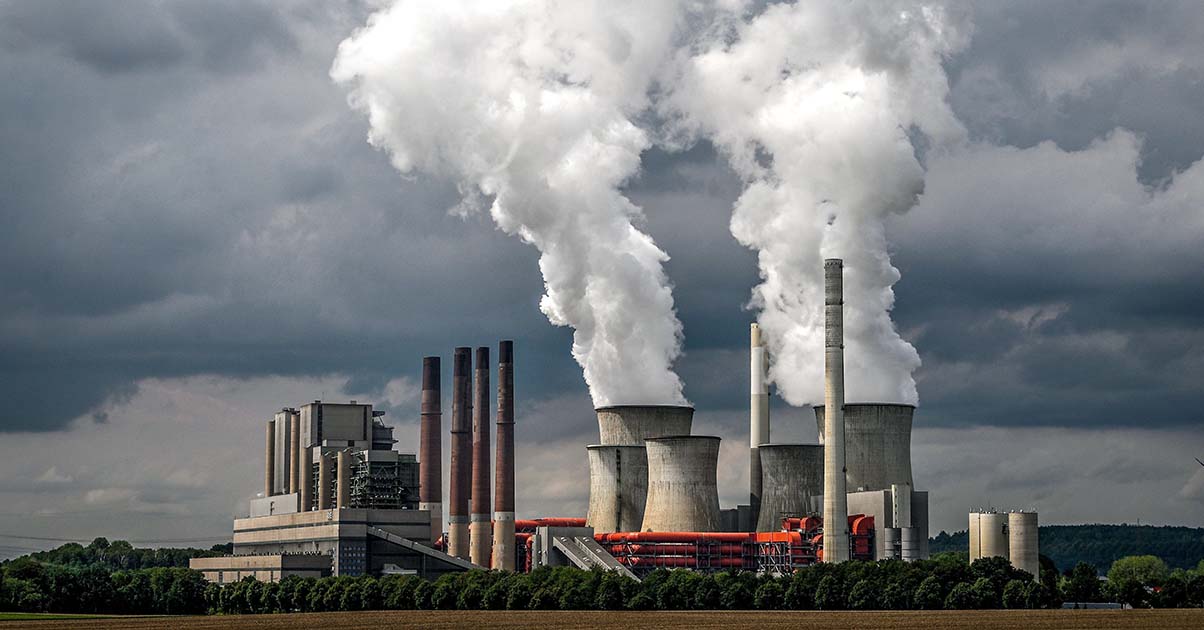Shams Power: Solar Horizons: Illuminating Pakistan's Future with Rooftop Solar Panels
In recent years, Pakistan has been making significant strides towards a sustainable and greener future, with a growing emphasis on renewable energy sources. Among these, rooftop solar panels have emerged as a promising and practical solution to address the country's energy needs while mitigating environmental impact. This blog explores the myriad advantages of rooftop solar panels in Pakistan, shedding light on their potential to revolutionize the energy landscape.
Abundant Solar Resource
Pakistan is blessed with abundant sunlight throughout the year, making it an ideal candidate for solar energy harnessing. The country experiences more than 300 sunny days annually, offering an unparalleled opportunity to tap into the vast solar resource. Rooftop solar panels can efficiently convert this sunlight into electricity, providing a reliable and sustainable source of power.
Reduced Dependence on Fossil Fuels
Rooftop solar panels contribute to reducing Pakistan's dependence on traditional fossil fuels. As a nation that has historically relied on non-renewable energy sources, embracing solar power can enhance energy security and mitigate the impact of fluctuating global oil prices. This transition to renewable energy aligns with international efforts to combat climate change and reduce greenhouse gas emissions.
Lower Energy Costs
One of the most compelling advantages of rooftop solar panels is the potential for significant cost savings. By generating electricity on-site, businesses can reduce their reliance on the grid, resulting in lower electricity bills. Additionally, the government has introduced various incentives and subsidies to encourage the adoption of solar energy, making the initial investment more affordable for consumers.
Job Creation and Economic Growth
The widespread adoption of rooftop solar panels can spur job creation and economic growth in Pakistan. The solar industry encompasses various stages, from manufacturing and installation to maintenance and research. As demand for solar solutions rises, so does the need for skilled professionals, creating employment opportunities and fostering economic development.
Grid Stability and Load Shedding Mitigation
Rooftop solar panels can contribute to the stability of the national grid and help alleviate the issue of load shedding. By decentralizing energy production, solar power reduces the strain on the grid during peak hours. This decentralized approach enhances the resilience of the energy infrastructure, ensuring a more reliable power supply for households and businesses.
Environmental Benefits
The environmental advantages of rooftop solar panels cannot be overstated. Solar energy is a clean and renewable resource that produces no air or water pollution during operation. By harnessing solar power, Pakistan can significantly reduce its carbon footprint and contribute to global efforts to combat climate change. Additionally, the use of solar energy helps conserve natural resources and promotes a cleaner, healthier environment.
Technological Advancements and Innovation
The adoption of rooftop solar panels fosters technological advancements and innovation in the renewable energy sector. As more individuals and businesses invest in solar solutions, research and development in solar technology are accelerated. This, in turn, leads to more efficient and cost-effective solar panels, further driving the growth of the renewable energy industry.
Energy Independence
Rooftop solar panels provide an avenue for individuals and businesses to achieve a degree of energy independence. By generating their electricity, users can insulate themselves from the volatility of energy markets and geopolitical uncertainties that affect the supply of fossil fuels. This independence is precious in ensuring a stable and uninterrupted power supply.
Community Empowerment
The installation of rooftop solar panels empowers communities to take control of their energy consumption and production. This grassroots approach to energy generation fosters a sense of environmental responsibility and community engagement. As more communities embrace solar power, a collective effort towards sustainability and conservation is cultivated.
Government Initiatives and Policy Support
The government of Pakistan has recognized the importance of renewable energy and has implemented various initiatives and policies to promote the adoption of rooftop solar panels. These include financial incentives, tax breaks, and net metering policies that allow users to feed excess electricity back into the grid. Such support from the government encourages individuals and businesses to invest in solar energy solutions.
Closing Remarks
Rooftop solar panels hold immense promise for Pakistan, offering a sustainable and economically viable solution to the country's energy challenges. From abundant solar resources and reduced dependence on fossil fuels to lower energy costs and environmental benefits, the advantages are multifaceted. As Pakistan continues its journey towards a greener and more sustainable future, the widespread adoption of rooftop solar panels will play a pivotal role in reshaping the energy landscape and contributing to global efforts to combat climate change.
.jpg)



.jpg)

Comments
Post a Comment